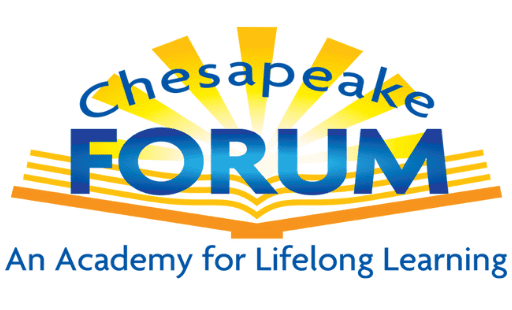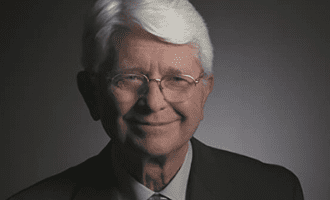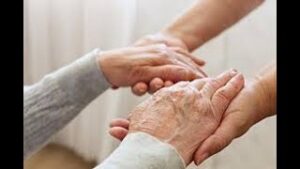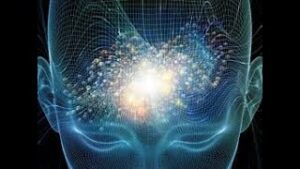Second Chance at Second Nature: In his first session, Dr. Broussard will be joined by the Shore Medical Stroke Coordinator and the Genentech Stroke Treatment consultant to talk about how to recognize the signs and symptoms of stroke, what to do immediately, and what to expect at the hospital. He will then share his stroke experience from the perspective of a stroke survivor. Although he couldn’t write, he managed to keep what turned out to be a 500-page diary using graphs, charts, and metaphorical drawings with text that didn’t make much sense. He will discuss the concept of neuroplasticity and how it related to his recovery. He will also review a variety of learning activities (diary, voice recordings, and taking pictures) that he had developed before he knew that they were also highly therapeutic. Dr. Broussard will also detail the differences in deficits among and between different modalities including reading, writing, speaking, and awareness.
Metaphors Help Us Mend and Learn: Dr. Broussard will explain in his second session how metaphors provide a powerful linguistic tool that repairs the language function of people with aphasia as well as educating the wider public about aphasia, recovery, and plasticity. Metaphors exercise brain power by creating more cognitive stimuli (thought and cognitive activities) to generate new learning and provide the resultant neurological effects (and feeling the effects) of working through the problem.
Course Links:




